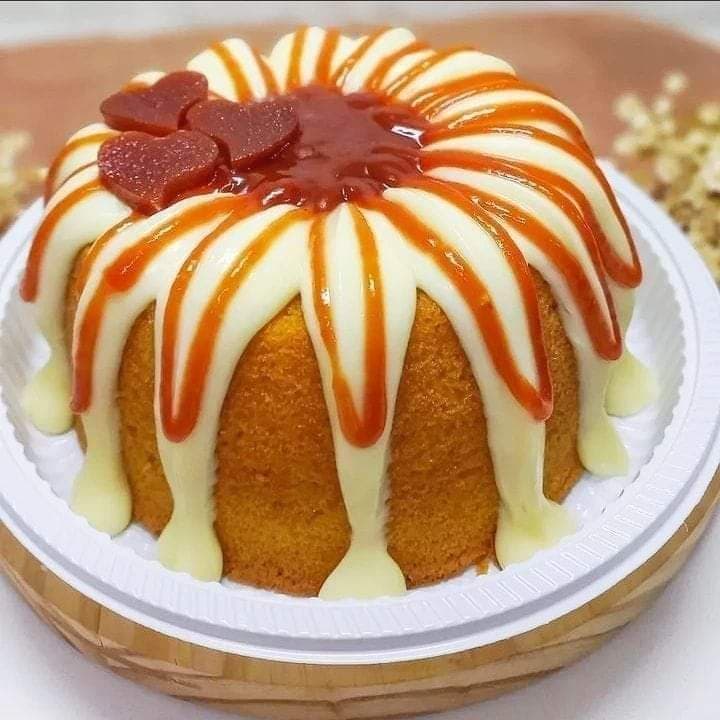1. Choose ripe guavas: Select guavas that are ripe and fragrant for the best flavor. Ripe guavas should have a sweet aroma and yield slightly to gentle pressure.
2. Prepare the guava puree: Remove the seeds from the guavas and blend the flesh in a food processor or blender until smooth. Strain the puree if desired to remove any fibrous bits.
3. Enhance the flavor: You can boost the guava flavor by adding a squeeze of fresh lime juice or a small amount of grated lime zest to the cake batter. The citrus notes will complement the guava’s natural sweetness.
4. Moisture retention: Guava cake can sometimes turn out dry, so to keep it moist, you can add a bit of vegetable oil or melted butter to the batter. This will help retain moisture during baking.
5. Use guava as a filling: For an extra burst of guava flavor, consider incorporating guava jelly or jam as a filling between the cake layers. Spread a thin layer of guava jam on each cake layer before stacking them.
6. Frosting options: You can choose from various frostings to complement the guava cake. Cream cheese frosting, vanilla buttercream, or a light whipped cream frosting work well. You can also add a touch of guava puree or guava juice to the frosting for added flavor.
7. Garnish creatively: Sprinkle some shredded coconut, toasted coconut flakes, or chopped nuts on top of the frosted cake for texture and visual appeal. You can also decorate with fresh guava slices or a dusting of powdered sugar.
8. Experiment with variations: Consider experimenting with different variations of guava cake, such as adding a layer of cream cheese or guava mousse, or incorporating other complementary flavors like passion fruit or pineapple.
Remember to follow a trusted recipe and adjust ingredient quantities based on the desired cake size. Enjoy your homemade guava cake as a delightful treat!


